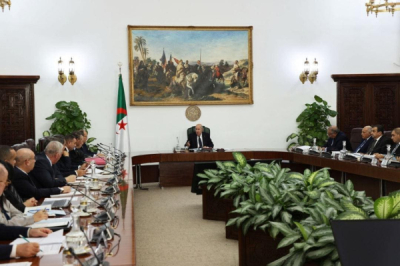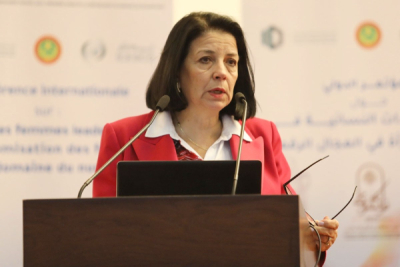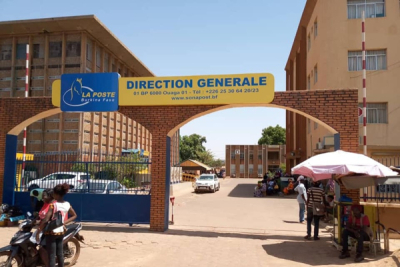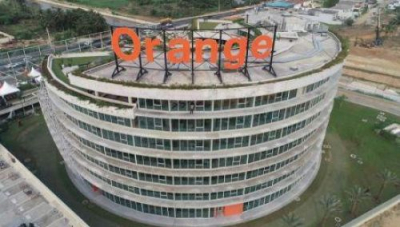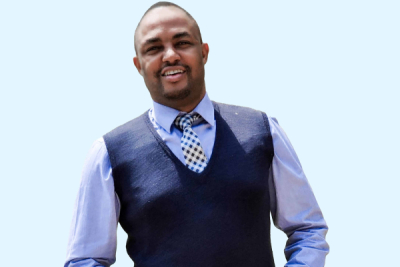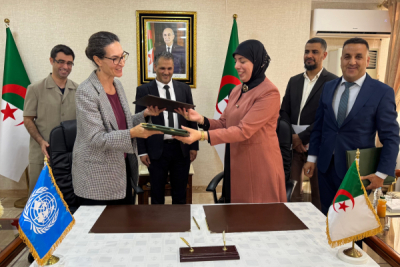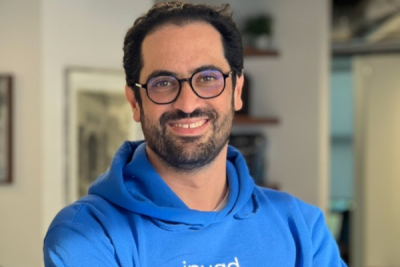- Gabon, Morocco to launch joint AI and digital skills training programs
- Talks focus on innovation, distance learning, and expanding digital cooperation
- Morocco ranks 4th in Africa on UN e-Government Index; Gabon seeks to improve
Gabon and Morocco are moving to expand cooperation in artificial intelligence, digital transformation and digital skills training following talks between their ministers in Rabat. Gabon’s Minister of Digital Economy, Digital Transformation and Innovation Mark-Alexandre Doumba met his Moroccan counterpart, Amal El Fallah Seghrouchni, on November 3 to outline future joint programs.
Doumba expressed Gabon’s interest in drawing on Morocco’s experience and forming a partnership centered on digital innovation and skills training. The two sides agreed to launch joint programs focused on AI and data analysis training, as well as on expanding distance learning through Moroccan digital platforms.
During the talks, El Fallah Seghrouchni highlighted Morocco’s national training initiatives such as “JobInTech,” along with programs designed to introduce children to digital technology and AI. She also invited Gabon to take part in the upcoming GITEX Africa exhibition in Morocco.
The partnership comes as Gabon works to make the digital sector a cornerstone of its economic development and reduce dependence on extractive industries. In 2025, Libreville expanded partnerships with countries including Turkey, Botswana, and Saudi Arabia to pursue this objective. Morocco, regarded as a continental leader in digital transformation, is seen as a key model.
The UNDP recently recognized Morocco’s leadership, highlighting its launch of the “Digital Morocco for Sustainable Development (D4SD Hub)” platform to promote inclusive digital transformation in Arab and African countries. Morocco ranks 90th globally and 4th in Africa on the 2024 UN e-Government Development Index (EGDI), with a score of 0.6841 out of 1, above both regional and global averages.
Gabon, for its part, ranks 121st globally with a score of 0.5741. It performs well in telecom infrastructure (0.8263) but lags in online services (0.3188) and human capital (0.5772).
Isaac K. Kassouwi




